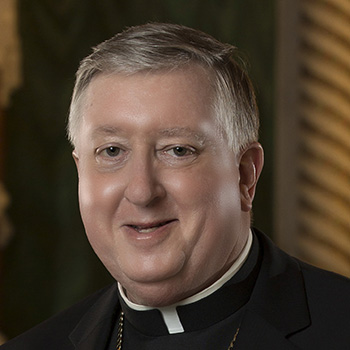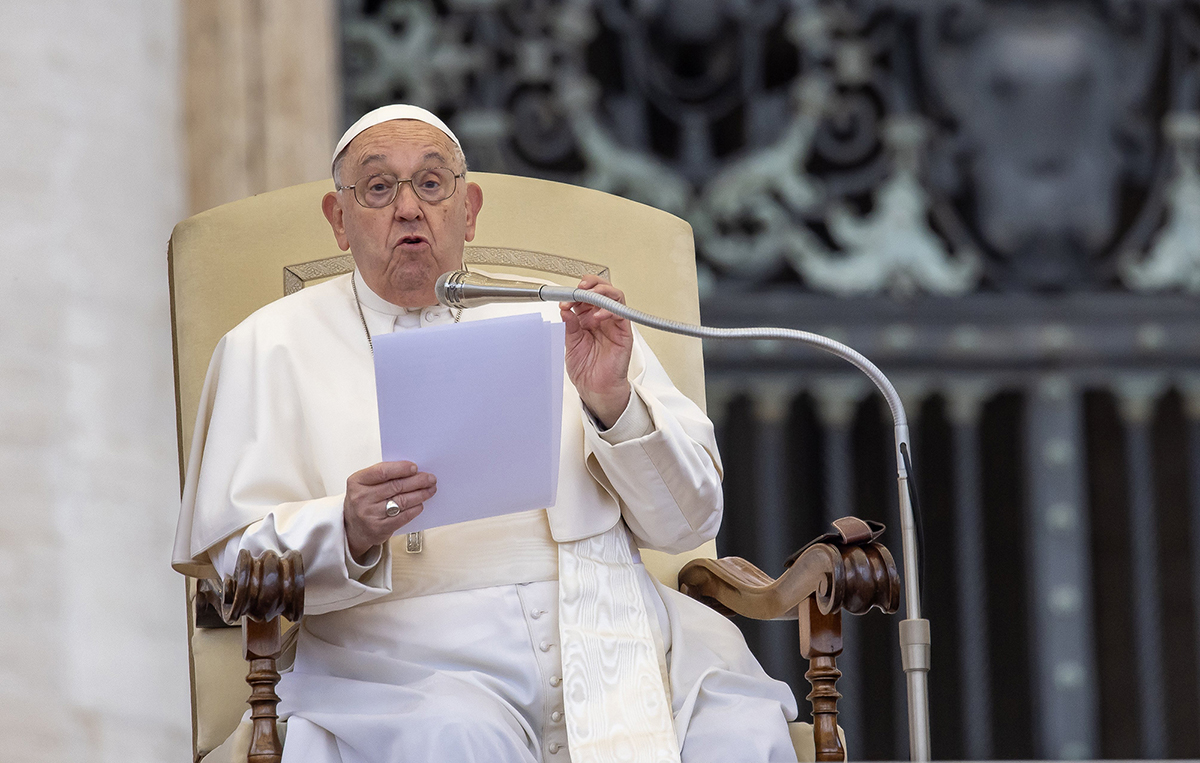SERVE THE LORD WITH GLADNESS | Let’s share with others the deeper fruits of our contemplation
We share songs, memes and other items socially. Why not extend that to a spiritual level?

Dear brothers and sisters in Christ,
We celebrate the feast of Saint Dominic this week (Aug. 8) — happy feast day to all Dominicans!
The motto of the Dominican order is “contemplata aliis tradere” — to hand on to others the fruits of one’s contemplation. That motto contains an important lesson for us as we go through All Things New.
On a natural level we follow this motto regularly: When a song, book, movie, funny meme or something on TikTok delights us, we frequently and easily share it with others.
As Catholics, it’s time for us to take that habit to a deeper level: to share what struck us in a homily or stayed with us in a Scripture passage; to tell others about a favorite faith-based podcast or something that happened in prayer; to share with others the delight we find in adoration and the peace it brings to us.
As I said, we do this readily enough on a natural level, and when we do, it helps to create natural bonds of friendship. But, then, we tend not to do it on a deeper level, even though the world is starving for greater depth! Instead of sharing the fruits of our contemplation with others, we deprive them of it. At the same time, we deprive ourselves of the deeper friendships that would result if we did.
It’s time for that to change, and part of what I’m excited about for All Things New is the opportunity to change it. In this sense, we could all use a little more Dominican spirituality in our lives!
We’ll be reading from the prophet Ezekiel all this week. He received the prophetic call in Babylon — the first prophet to receive the call outside the Holy Land. God was doing something new through Ezekiel!
Ezekiel was sent with two basic messages for Israel, and they speak right into our situation. The first was about the end of something beloved; the second was about something new.
The end that Ezekiel prophesied was the destruction of Jerusalem. The magnitude of this prophesy — and its fulfillment in Jewish history — was almost unthinkable at the time. Jerusalem seemed like the bedrock of ancient Judaism. How could the life of faith possibly go on without it?
But that’s where the second message came into play: God would give Israel a new beginning. The destruction of Jerusalem wouldn’t mark the end of their relationship with God. Instead, God’s renewed covenant with Israel would offer them a new way of living out that relationship.
The hard truth and the hope that Ezekiel delivered to ancient Israel makes me think of the hard truth and the hope that we face in All Things New. Some things that are dear to us will end. But right in the midst of that ending God is offering us a new beginning — an invitation to new and deeper ways to live out the faith.
May St. Dominic pray for us as we learn to go deeper in sharing the fruits of our contemplation. And may we all take heart from the message of Ezekiel, knowing that endings and new beginnings are a regular part of the life of God’s people.




